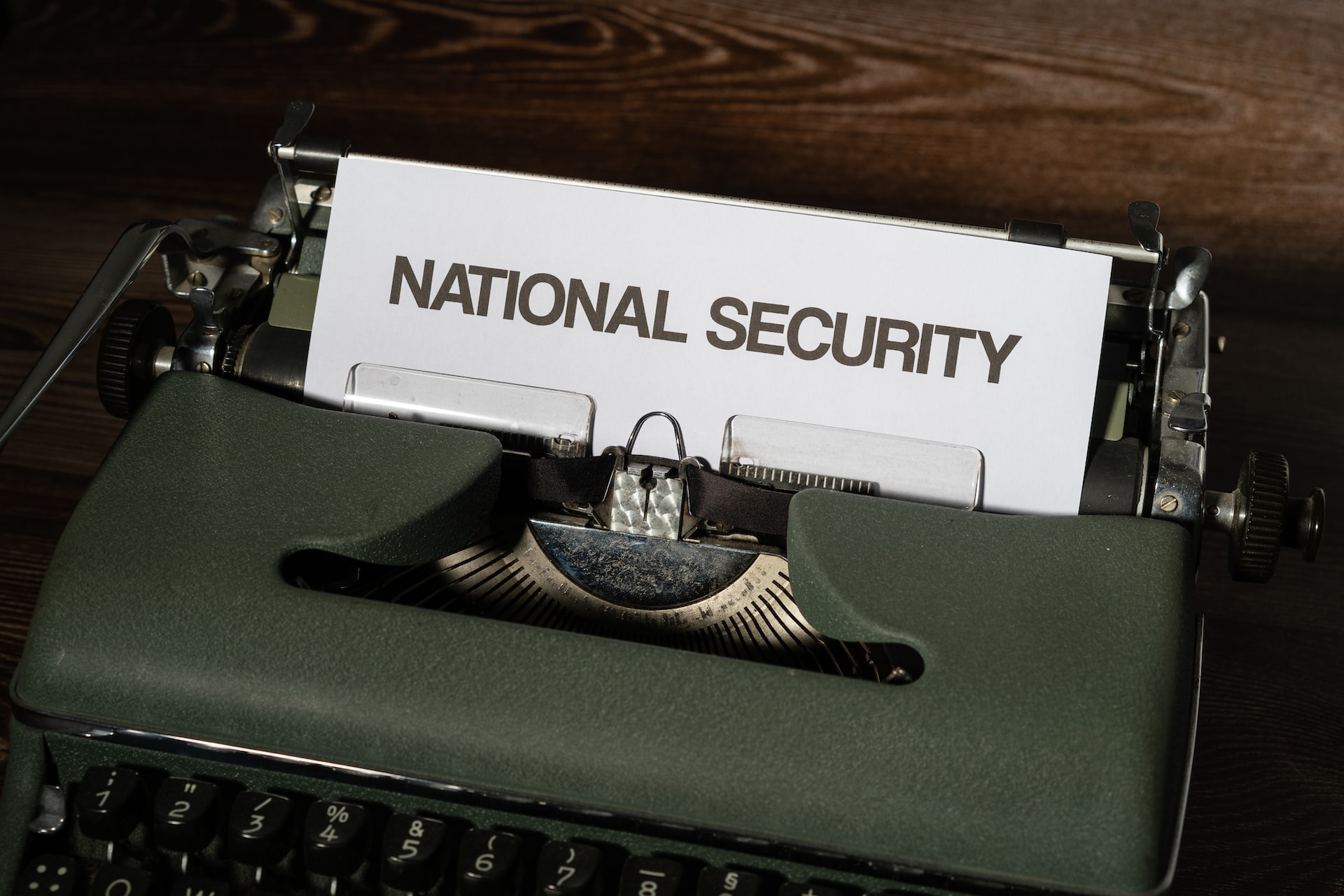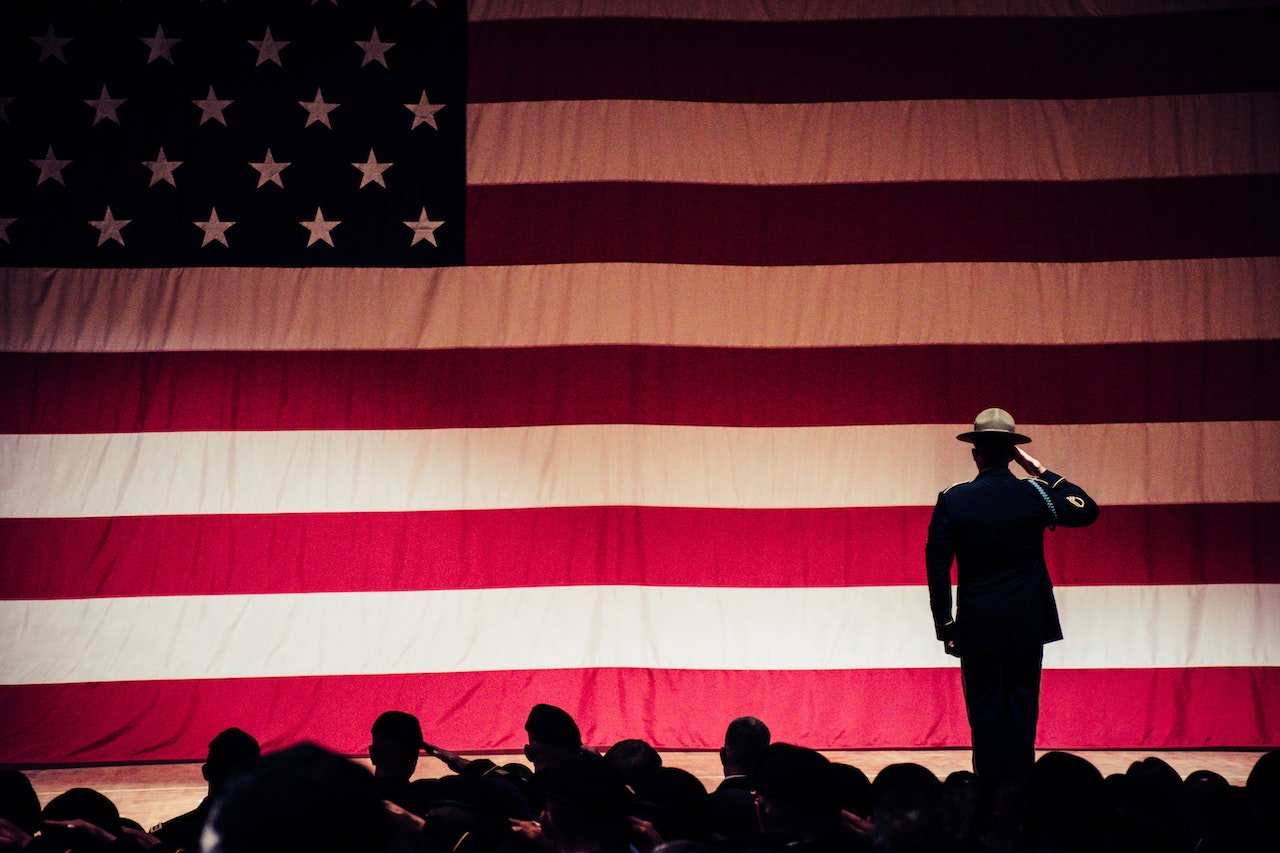U.S. Intelligence Agencies Militarizing
The installation of military in U.S. intelligence agencies generated contrasting opinions among lawmakers, analysts, and historians, among others. As others argued about it, there were those who favored it, reasoning how such move could help fight local and global concerns, such as terrorism.
Author:Hajra ShannonReviewer:Paula M. GrahamOct 09, 20232K Shares125.4K Views
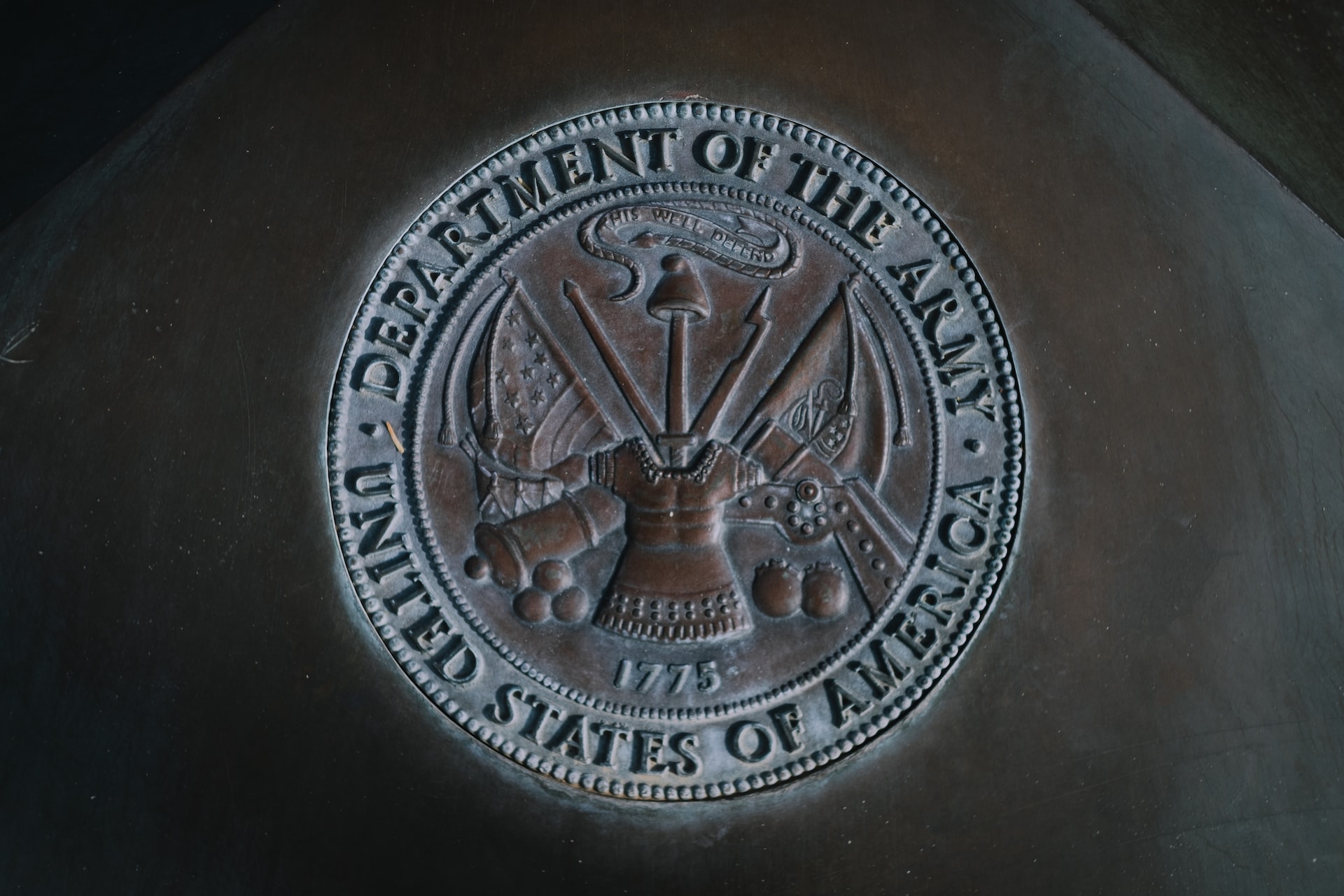
Broad changes include placing military inU.S. intelligence agencies and even giving these officials leadership positions.
Without much notice, something strange happened to the intelligence community during the second term of President George W. Bush.
The leaders of the 16-agency, $45 billion-a-year spy apparatus have started wearing stars and gold braids on their shoulders.
It’s more than a sartorial change.
For the first time in American history, the people holding the most important positions in the civilian U.S. intelligence agencies and offices are now all military or ex-military men.
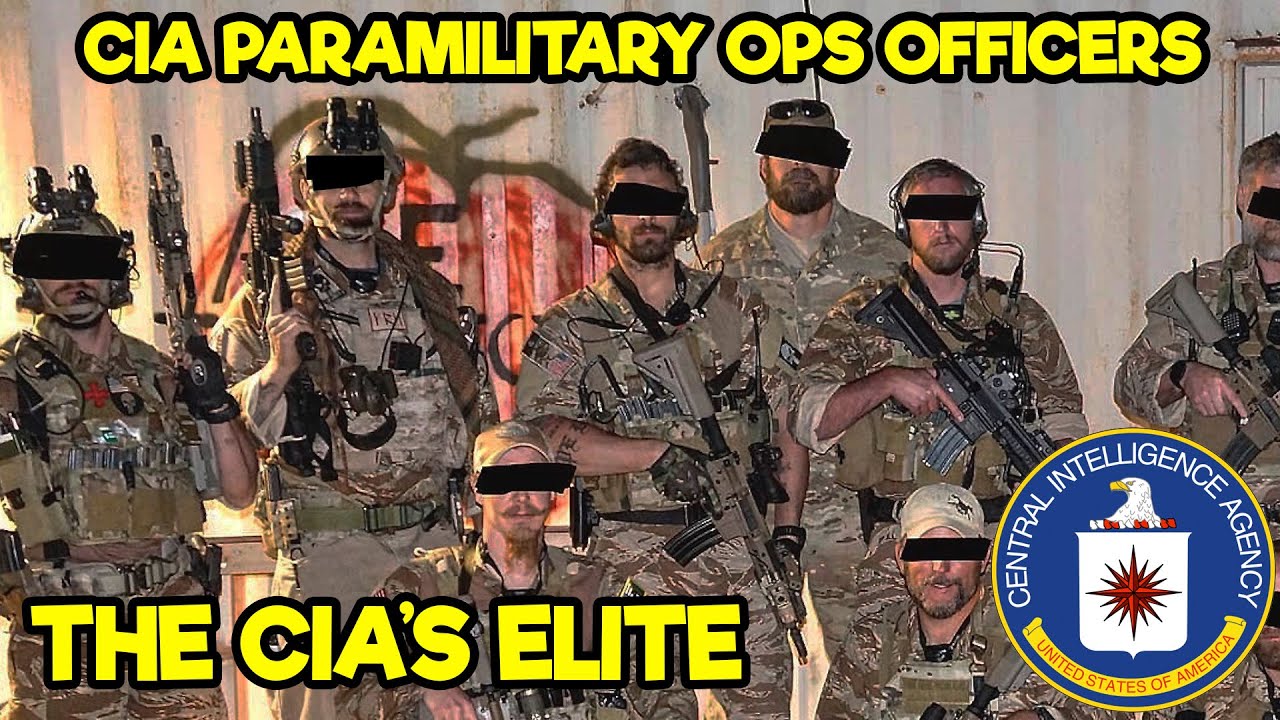
CIA PARAMILITARY OPERATIONS OFFICERS - CIA’S ELITE SECRET OPERATIVES
Military In U.S. Intelligence Agencies
First Gen. Michael Hayden, an active-duty Air Force officer, replaced civilian Porter Goss as the head of the Central Intelligence Agency in 2006.
Then retired Vice Adm. Mike McConnell replaced civilian John Negroponte as Director of National Intelligence - the overall leader of the intelligence community - in 2007.
Shortly thereafter, retired Air Force Gen. Jim Clapper ascended to the chief of Pentagonintelligence, ultimately replacing civilian Steve Cambone.
That’s to say nothing of the uniformed leaders of the various defense intelligence agencies, most notably Army Lt. Gen. Keith Alexander at the National Security Agency.
Indeed, the most significant non-military head of an intelligence agency is Randall M. Fort, the bureaucrat who helms the State Department’s relatively puny Bureau of Intelligence and Research.
Militarization Of The U.S. Intelligence Agencies
According to long-time observers, the militarization of the U.S. intelligence community goes further than the uniforms worn by agency leaders.
Put another way, those leaders are symptoms of a more fundamental shift over the last several years.
With the U.S. mired in Iraqand Afghanistan, intelligence has moved away from long-term forecasting and toward immediate support to military commanders prosecuting the wars.
Robert L. Hutchings, who chaired the National Intelligence Council from 2003 until 2005, said:
“„There needs to be a semi-independent voice that voices the broader strategic perspectives and is not driven by the [intelligence] demands of day.- Robert L. Hutchings
Hutchings added:
“„The worry is not that Mike Hayden and Mike McConnell happen to be military officers; it’s that the system is now skewed to current intelligence, driven by military operations. That’s leaving too little left over for strategic analysis of what's going on more broadly.- Robert L. Hutchings
Finally, he concluded:
“„And that leads to [an echo chamber effect]: this is what’s presented to policy-makers, and it just reinforces the worldview they began with.- Robert L. Hutchings
To some degree, the shift is understandable, Hutchings and others said.
In the middle of two ground wars, it would perhaps be more surprising if war-fighter support didn’t eclipse mid-to-long-term analysis.
Then there’s the broader structural fact that Pentagon-based intelligence assets account for, by most estimates, nearly 90 percent of the annual intelligence budget.
But as a question of emphasis, the intelligence community risks certain myopia.
Steven Aftergood, an intelligence-policy analyst at the Federation of American Scientists, said:
“„There is a genuine risk of over-investing in military intelligence at the expense of larger strategic concerns.- Steven Aftergood
He continued:
“„We could end up doing those things we know how to do well and failing to meet the new and emerging challenges that we don't quite know how to address.- Steven Aftergood
As a reminder, Aftergood added:
“„If the war Iraq resolved itself, and terrorism receded as a threat, we would still have serious intelligence challenges to contend with, and those are in danger of being shortchanged.- Steven Aftergood
Even if terrorismdoesn’t recede as a threat, Hutchings contends that the over-militarization of intelligence risks short-changing that as well.
In December, he excoriated the intelligence community before a House intelligence sub-committee for losing sight of the bigger strategic picture.
Hutchings said:
“„The creation of the National Counterterrorism Center may have enhanced inter-agency coordination among terrorist operators, which is a good thing, but it has surely weakened coordination between them and the country and regional experts.- Robert L. Hutchings
He further shared his viewpoints:
“„The net result is that the intelligence community is probably stronger in tactical counterterrorist coordination but is surely weaker in strategic counterterrorism. While we are looking for the next car bomb, we may be missing the next generation of terrorist threats.- Robert L. Hutchings
One analyst at the National Counterterrorism Center disputed Hutchings - up to a point.
“„In terms of warfighting [support], the folks who own all the units on the ground are perhaps two or three agencies, and they're not [part] of us. He’s correct, but this is the wrong example.- anonymous analyst at the U.S. National Counterterrorism Center
Defending Militarization
As much as the militarization of intelligence owes to the structural pressures of wartime, there is an element of necessity as well, according to intelligence historian Matthew Aid.
For Aid, a visiting fellow at George Washington University’s National Security Archive:
“„When talking with civilian intelligence officials, they say that when [the administration] went looking for a replacement for [former Director of National Intelligence] John Negroponte, the few civilians who were qualified for the job turned them down.- Matthew Morris Aid (1958-2018)
He explained:
“„Intrinsic problems currently exist in intelligence today - the politicization, there’s a host of problems. If you’re an intelligence professional and a civilian, it’s almost a career killer to accept a senior position in the U.S. intelligence community now. A lot of people are waiting the nine months or however long for the next administration before accepting a promotion.- Matthew Morris Aid (1958-2018)
Aid observed that militarization is not a recent problem for the intelligence community, saying:
“„Since the end of World War II, there’s been an inherent tension between military and civilian consumers [of intelligence], who slug it out for the hearts and minds of collectors.- Matthew Morris Aid (1958-2018)
Aid further elaborated:
“„In times of war - and we’re in two and a half of them now - the military has taken control of the collection process. ... You end up having to give short shrift to strategic targets - North Korea, Iran, the former Soviet Union, the former Yugoslavia, China. There are only a finite amount of resources to play with.- Matthew Morris Aid (1958-2018)
In 2006, Thomas Fingar, the chief of analysis for the Director of National Intelligence, defended the intelligence community’s commitment to long-term analysis in a letter to The New Republic.
Fingar wrote:
“„The DNI has established a new ‘Long Range Analysis’ unit within the [National Intelligence Council], in accordance with a recommendation made by the WMD Commission.- Thomas Fingar
In addition to that:
“„This new unit is purposely walled off from current demands so that it can focus on producing integrated, in-depth, strategic assessments and serve as a catalyst for such work throughout the [intelligence community].- Thomas Fingar
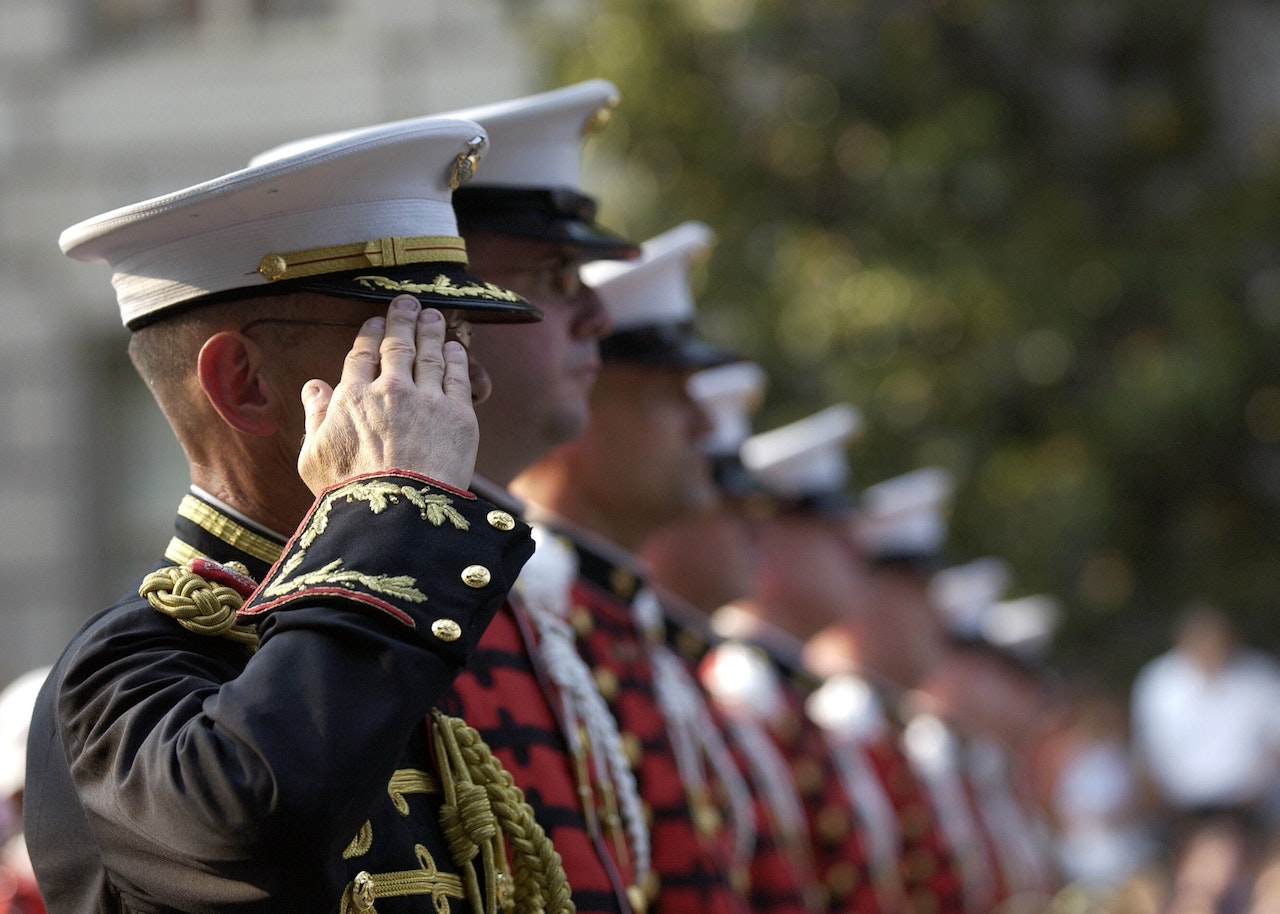
More Views
But close intelligence watchers don't see the intelligence community possessing such expertise with long-term analysis.
For Aftergood:
“„Support to military operations is certainly the most urgent day-to-day concern at the moment.- Steven Aftergood
He then warned:
“„But there are other concerns that may fall by the wayside as result of the focus on those day-to-day concerns.- Steven Aftergood
(Full disclosure: Fingar wrote to the magazine to dispute a story I wrote.)
The Office of the Director National Intelligence said Fingar was not available for an interview for this story. Nor did it address a list of questions sent to two public-affairs officers.
Blaming the intelligence community alone for the shift in focus to military matters misses the point somewhat, Hutchings contends.
For him:
“„It’s the president's call. There needs to be a better sense at the very top that we need a broader perspective if we're to cope successfully with the multiple challenges we face.- Robert L. Hutchings
And the Republican Party has been eager to follow Bush’s lead.
When Democratic lawmakers proposed last spring to have the intelligence community study the security implications of global climate change, their GOP counterparts blasted the effort.
Representative Darrell Edward Issa (California) said:
“„Our government should not commit expensive spy satellites and human intelligence sources to target something as undefined as the environment.- U.S. Representative Darrell Edward Issa (California)
Representative Peter Hoekstra (Michigan), the ranking Republican on the House intelligence committee, derided the idea of “tak[ing] resources from other places” to study the impact of global warming.
Final Thoughts
The placement of prominent active or retired military officials at the top of the intelligence community may not be the heart of the problem, Aftergood contends, but their ascendency entrenches it.
Aftergood remarked:
“„It means that the leaders of the intelligence community have all arisen out of a military mindset and are habituated to seeing intelligence challenges and responses within a certain framework.- Steven Aftergood
Then added:
“„It means both conceiving of threats and responses in military terms, and being unresponsive to issues and insights that might arise outside that familiar framework.- Steven Aftergood
For Hutchings, now a professor at Princeton University, the militarization of intelligence reveals an apathy to the necessity of strategic forecasting - a critical component of national security.
He lamented:
“„People don't really value long-view intelligence.- Robert L. Hutchings
Hutchings continued:
“„They may understand [the need for it] on some abstract level, or see diminishing resources spent other issues or topics, but they don’t care. They care about what they need right now: intelligence support for warfighters, whether in Afghanistan or Iraq.- Robert L. Hutchings
He then gave additional opinion:
“„I think it's quite acute. I’m not speaking about specific dangers. I’m talking about the broad challenge of international terrorism. We’ve gotten so operational and so over-militarized that we’re only capable of thinking of this challenge in one dimension.- Robert L. Hutchings
The last time that happened, he did not need to add, 3,000 Americans died on a clear September morning.
Designating the military in U.S. intelligence agencies seems to be justified.

Hajra Shannon
Author

Paula M. Graham
Reviewer
Latest Articles
Popular Articles
